The most visible way to demonstrate your commitment to traceability is through a recognized certification programme.
Our continuity of expertise makes us one of the few companies in the world with the capability to offer complete supply chain certification. In fact, some of the most recognized schemes we offer are dependent on a complete supply chain approach.
A step on from standard supply chain management, our Identity Preservation (IP) service tracks raw agricultural ingredients to guarantee that they are produced, transported and stored without contamination.
This level of surveillance is mandatory for products certified as fare trade, organic, non-GMO, sustainably sourced or any product where provenance is a primary claim. We take care of every link in the supply chain, ensuring that the appropriate supervision, sampling and inspection processes are implemented and that products are traceable from source to supermarket.
Our Identity Preservation services safeguard the provenance of products by ensuring that the raw materials are from their claimed origins, and that they are produced, transported and stored without contamination. While many of our clients use our services for premium products like cocoa, coffee and cotton, we can supervise supply chains for all types of high value agricultural products.
We provide analytical services to detect meat species including traces of horsemeat, pigs meat etc.
The adulteration of food products with unauthorized meat content, including horsemeat and pig DNA, has triggered the recall of products from the supermarket shelves and challenged consumer confidence of well-known brand reputations.
Global Standards understands that this problem stems from incorrect traceability and/or labelling of food products, and with our global network of food laboratories we can provide analytical services to detect traces of species contaminates including horsemeat and pig.
As a leading provider of testing services to the global food and agricultural industry, we can also help you implement comprehensive food safety and quality strategies, and achieve compliance with local, national and international regulations.
We offer comprehensive Genetically Modified Organisms (GMO) Testing services for food and feed, as well as a certification programme to verify GMO free production. we have expertise and facilities where you need them!
We use the latest methods and technology so you can be sure of fast turnaround times and accurate test results that demonstrate compliance with statutory requirements.
As well as GMO testing, our world-class specialists are engaged in ongoing research and development to understand, and develop testing procedures for new and emerging GMOs. Complementing our testing and detection services, our industry recognized non-GMO certification-consulting programme can help you verify that your processes and products are entirely GMO free.
GLOBALG.A.P is an internationally accepted, integrated standard for sustainable food production, covering every aspect from production processes, to animal welfare, to worker health and safety. To match the global scope of the programme, we have experts all over the world with the knowledge and experience needed to help you achieve certification.
As well qualified GLOBALG.A.P. consultants, we can support you through training, consulting, pre-audit assessment, compliance audits and follow ups to ensure you attain GlobalG.A.P certification from an accredited certification body. Because it’s a globally accepted integrated standard, adopting GlobalG.A.P saves you dealing with numerous different audits.
More about GlobalG.A.P
The RSPO Supply Chain Certification Standard was developed to ensure that supply chains are secure and traceable in order to provide credible evidence of sustainable sources.
The Malaysian Sustainable Palm Oil (MSPO) Certification Scheme is the national scheme in Malaysia for oil palm plantations, independent and organized smallholdings, and palm oil processing facilities to be certified against the requirements of the MSPO Standards.
We offer Supply Chain Consulting along the agricultural and food value chain at all stages including refining, trading, manufacturing and distribution of palm products. We facilitate you to improve your product reliability and to minimize your business risk.
Palm oil is the most widely used vegetable oil and a common ingredient found globally in many food and personal care products. Due to the growing populations and demand for products, the need for palm oil has never been higher and is forecast to increase. Palm oil products may go through many production and logistical stages between the grower and the end-product and can be traded through different supply chain mechanisms that are approved by RSPO or MSPO.
More about: RSPO
The European Regulation 1169/2011 was published on the 25th October 2011 and combines all previous EU regulations related to general food labelling, which over the years have become extremely complex.
It is in the process of being enforced in two stages:
From December 13, 2014: Products sold on the market have to comply with the Regulation (the nutrition declaration is still on a voluntary basis unless a specific product claim is made, but from the 13th December it must appear in the new format as detailed below).
By December 16, 2016: Total application of the regulation must be in place: including nutritional labelling which will be mandatory.
Changes related to the Regulation | The new requirements:
There have been changes made to the mandatory requirements - these requirements must be easily visible, legible, indelible and have a minimum font size of 1.2mm
Allergens must be emphasized in the list of ingredients using a specific type set that clearly distinguishes them from the rest of the ingredients
The trade name, net quantity and actual alcoholic strength of alcoholic beverages containing more than 1.2% alcohol by volume, should be in the same visual field
New mandatory particulars:
The nutrition declaration (with exceptions) must be listed in a specific order and in a unique presentation: energy, fat, fatty acids, carbohydrates, sugars, protein and salt
The country of origin is extended to certain meats
The date indication is required for frozen meat, prepared meats and unprocessed fish products
The word "frozen" is mandatory for all commodities (except in special cases: Cf Annex III of the Regulation) which have been frozen and are sold as defrosted
Manufactured nanomaterials must be included in the list of ingredients
In line with our food labelling service, Global Standards has a network of experts to help you meet the demands of your markets.
The Global Standards solutions:
The guarantee that your label conforms to forthcoming regulations
A network of experts who are recognized worldwide for the quality of their services
A personalized service tailored to your specific requirements
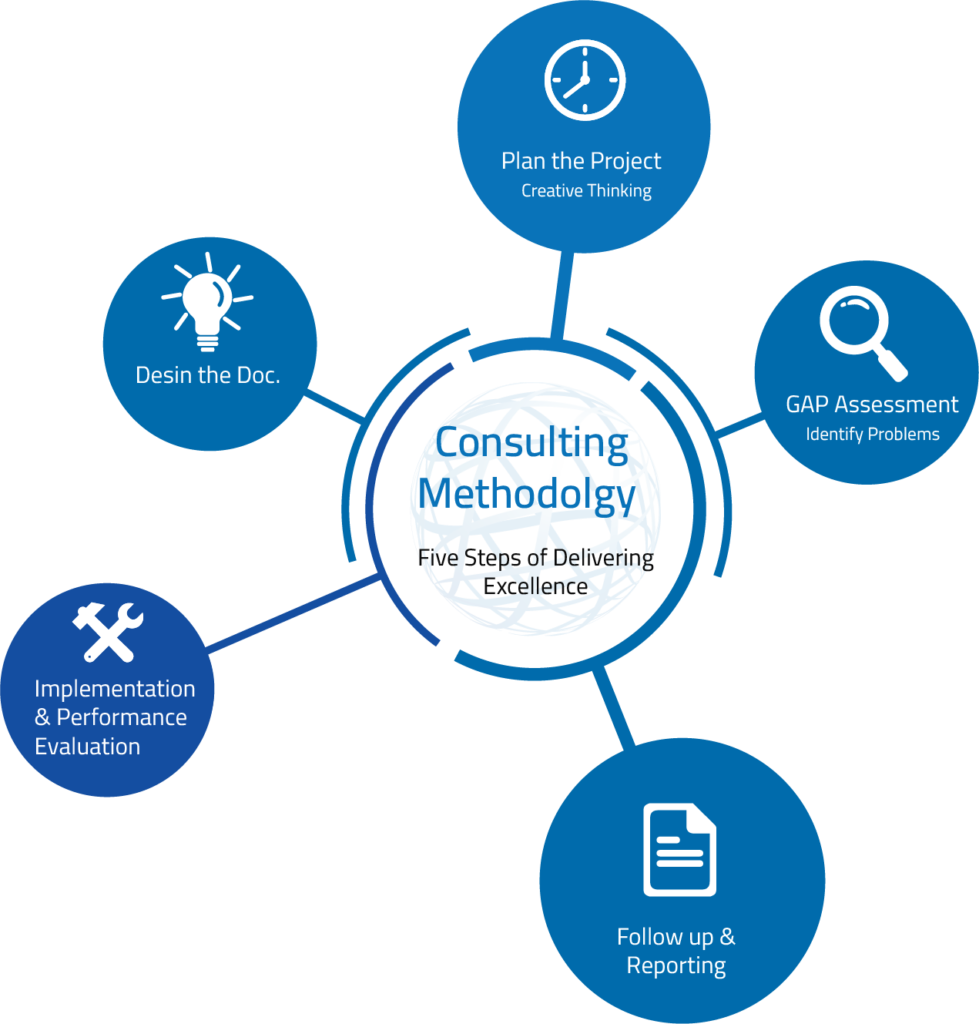
BE THE INDUSTRY LEADER - Your trusted Consulting Partner
Every consulting may provide good consulting but we provide it with EXCELLENCE. Global Standards Co. offers three consulting Models that works best for You


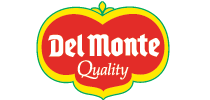

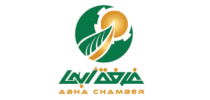



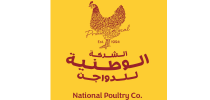


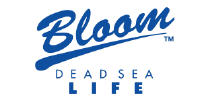
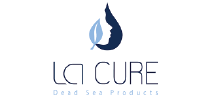
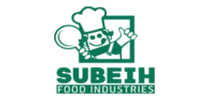
















Stand away from the traffic?
Subscribe to our Newsletter today